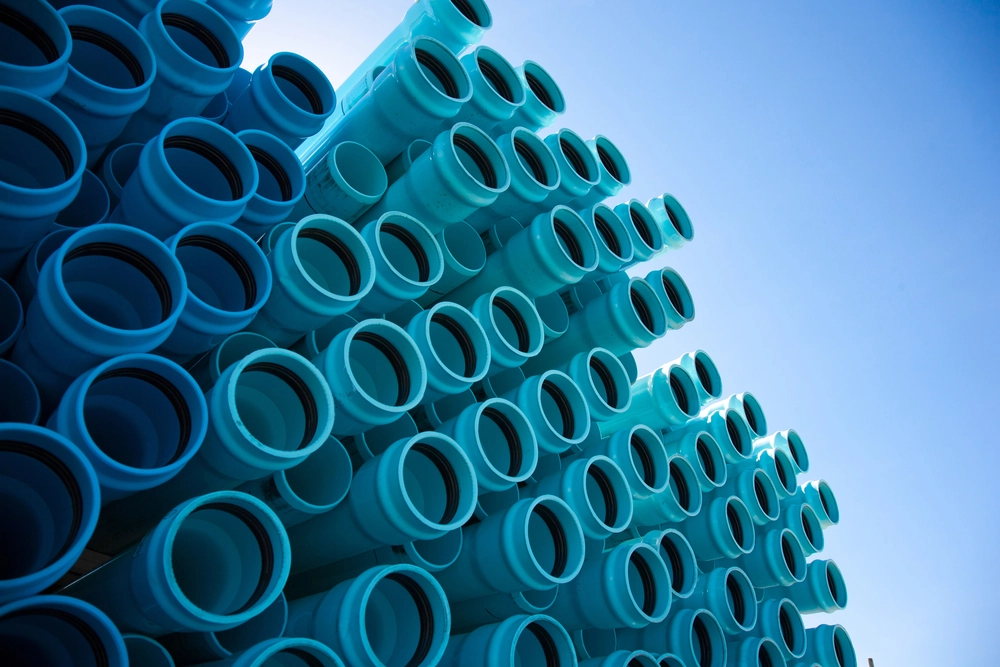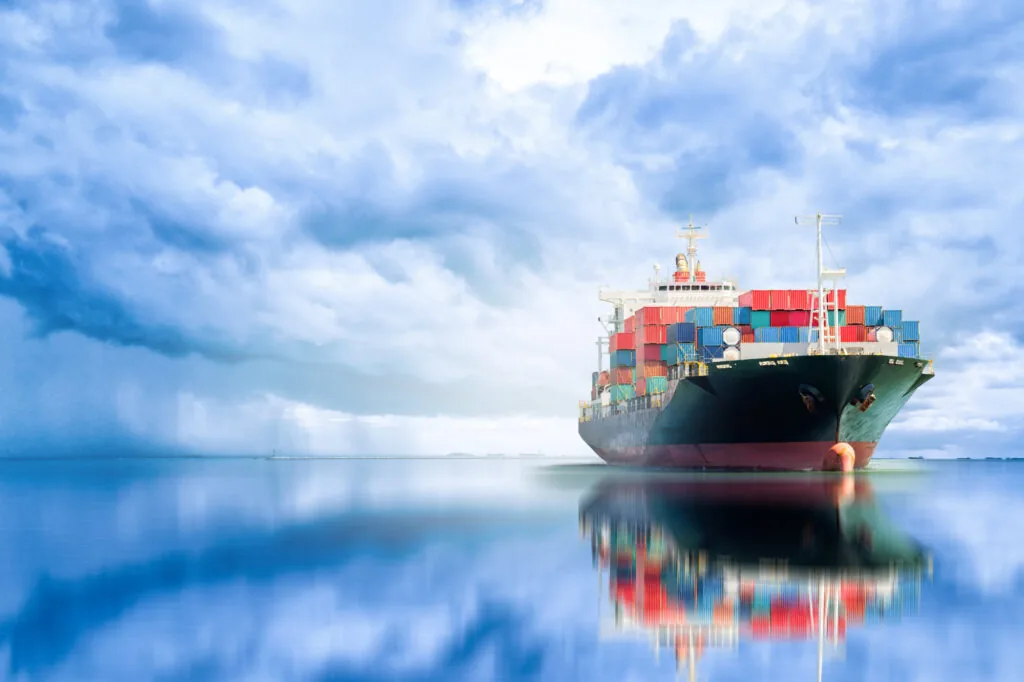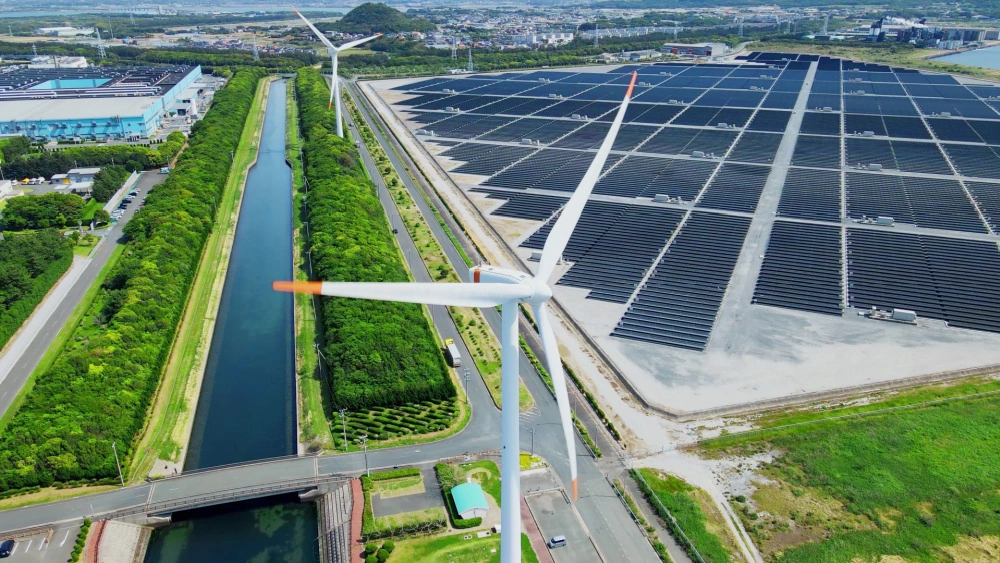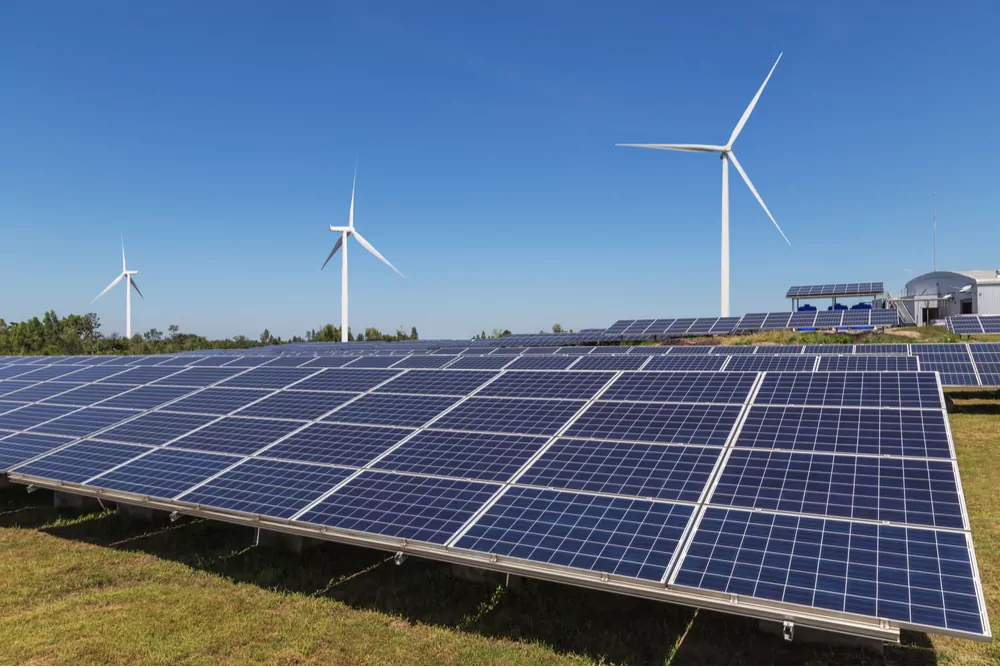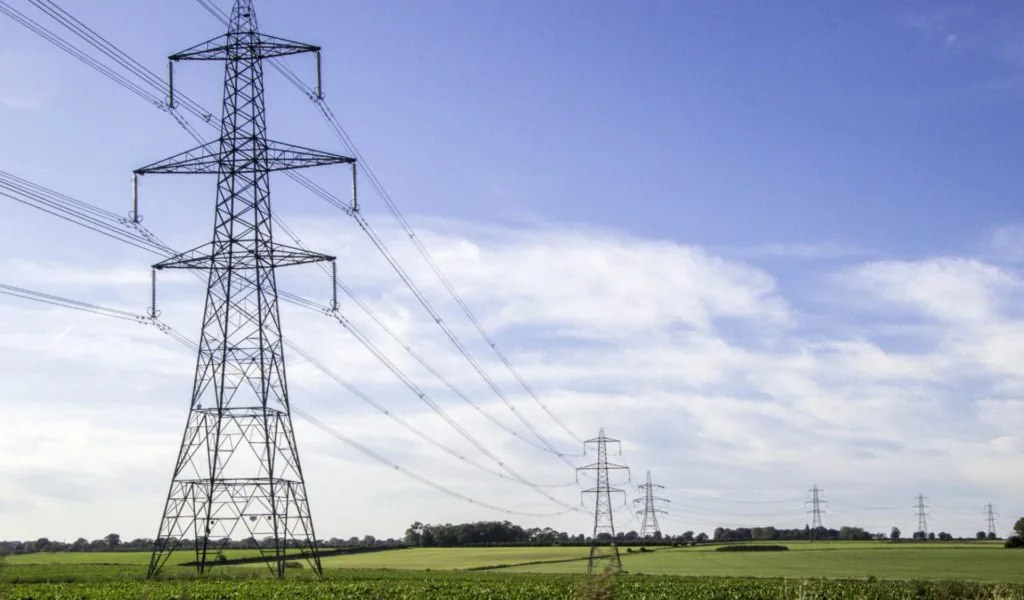
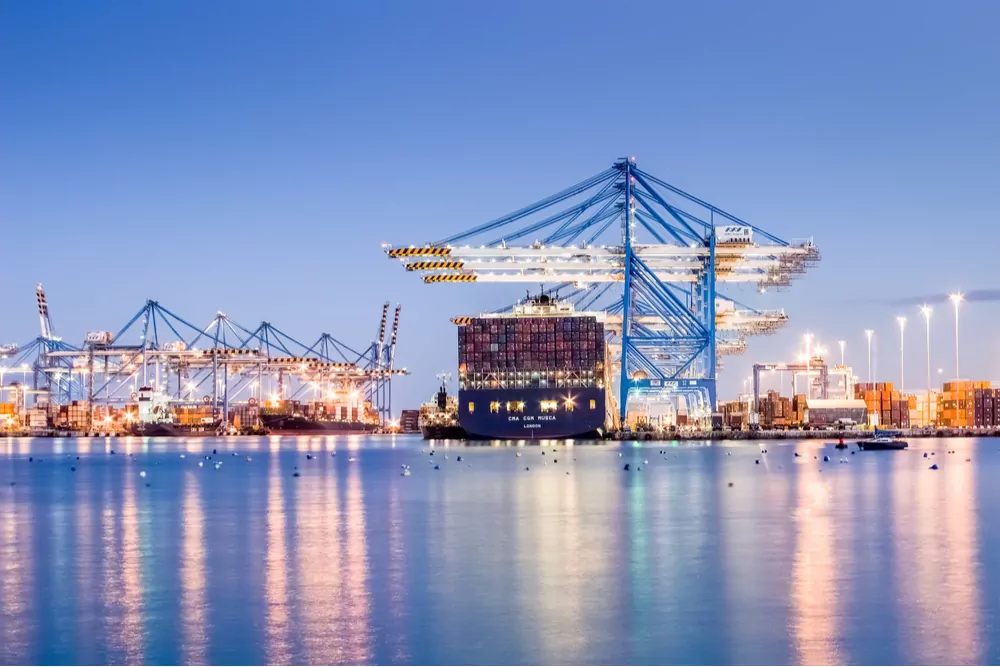
What is a freeport? The term has a slightly exotic ring, conjuring up images of cranes stacking cargo containers in far-away sunny harbours. But the reality is a little more prosaic. As the name suggests, a freeport is an air- or seaport - or an area within one - that has been given a special economic status in order to stimulate trade and attract investment.
Regular tax rates and customs tariffs do not apply in a freeport - instead goods arriving at the port are received and shipped onwards using simplified documentation, with no duties payable on arrival.
Freeports - also known as ‘free ports’ - are part of a broader category of ‘free zones’ or ‘free economic zones’. These special areas receive a variety of tax breaks and similar government measures intended to encourage economic activity and create jobs. In many instances they are specifically sited to encourage investment in deprived or neglected areas. Companies that operate within these zones are taxed very lightly - or not at all - on the profits they generate.
You may also see free zones referred to as ‘free economic territories’. There are currently more than 70 free zones across 20 EU member states.
How do freeports work?
Freeports are distinct from other free zones in being designed to encourage the import and export of goods and also stimulate manufacturing. They are treated as though they were situated outside the borders of the host country for tax purposes: as we saw above, customs charges are waived and in most cases the payment of tax on profits within the zone is deferred until goods are transported, sold, or distributed outside the freeport. There is no need to even declare imports.
Companies may evade duties altogether if they export the goods back out beyond the host country - although tariffs may be payable in the destination country of course. The same applies to manufacturers who produce goods on site using materials imported into the zone. The absence of import tariffs means such manufacturers enjoy lower overheads than commercial rivals operating outside the port.
The concept of the freeport is not new: it has existed for centuries, since at least the 1200s, when the Cinq Ports (Five Ports) across Kent, Sussex and Essex were given special tax-exempt status in return for providing ships to the Crown. The later Hanseatic League was an influential trading federation across northwestern Europe.
Between 1984 and 2012, Britain operated seven freeports. These were Birmingham, Liverpool, Southampton and Tilbury in England, Prestwick in Scotland, Belfast in Northern Ireland and Cardiff in Wales. The Isle of Man still operates a free port, although this is not, of course, technically part of the UK.
In March 2021, the Conservative government announced the creation of multiple new freeports, in the wake of the UK’s departure from the EU. Humberside, Teesside and the Thames will host the first three, with Felixstowe, Harwich, Liverpool, Plymouth, the Solent region and East Midlands Airport set to follow at a later date. These chosen regions were judged to be in need for investment and regeneration.
The government is expected to announce as many as four further freeports in other areas that could benefit from development.
Benefits of freeports
The precise set of benefits offered by freeports vary from country to country, but typically these might include:
- Freedom from import tariffs.
- Tax relief for investment in plants and machinery to be used within the zone.
- Tax relief for the construction or renovation of property within the freeport - for example, warehouses and factories.
- Tax relief for the purchase of land (stamp duty) within the zone, when used for a commercial purpose.
- Tax relief for business operations (business rates) within the freeport.
- Tax relief on employer contributions to national insurance and/ or benefits for eligible employees working in the ports.
- Simplified business regulations, reducing paperwork and its associated costs.
All the above benefits will be available in UK freeports and the hope is that they will add up to significantly lower costs and higher profits for businesses operating within them.
Such benefits normally have run for a designated period, after which the government may opt to renew the relevant licences or end freeport status.
Freeports have an established track record in helping to stimulate economies by promoting import-export operations and manufacture using raw materials stored on site. This effect is especially pronounced in countries with high tariffs and duties, thanks to the cost savings.
Some industries - for example electronics and car manufacture - rely on just-in-time deliveries of raw materials to avoid costly inventory accumulation and such companies in particular can thrive in a fast-moving freeport zone.
A November 2016 study by Rishi Sunak - then a backbench MP, now Chancellor of the Exchequer - anticipated the creation of 86,000 jobs as a result of the recently announced new freeports. The Free Ports Opportunity also claimed freeports would stimulate regeneration in the north of England.
A more recent study, meanwhile, by the consultancy Mace suggested that the new freeports could boost UK trade by as much as £12 billion per year, our gross domestic product (GDP) by £9 billion, and generate no fewer than 150,000 new jobs.
The impact of freeports on businesses
The assumptions made in the above reports have been questioned.
The UK Trade Policy Observatory is an independent think tank based at the University of Sussex focusing on international trade. In an official response, the Observatory claimed the figures in the Sunak report had been based on the debatable assumption that every job within a freeport or free trade zone would necessarily be a brand new one.
In addition, the tariff rates on some finished goods in the US are lower than the rates payable constituent parts: this makes it cost-effective to manufacture goods within trade zones and then distribute them directly into the United States. However, this approach, called ‘tariff inversion’, is rarely applied in the UK so direct comparisons between UK freeports and US free trade zones can be misleading.
The Observatory has also highlighted the risk of freeports simply pulling in economic activity already taking place outside the zone, with no net benefit to the economy and a considerable amount of tax foregone. The government must take decisive steps to minimise any such drift, it insisted.
But the UK is no longer bound by European Union trading regulations and so the government can now be more flexible in which trade rules are applied and which business incentives are offered within freeports. However our trading arrangements remain subject to World Trade Organisation regulations and so must be justified, or they could be subject to legal challenge.
The UK business sector is awaiting a greater degree of clarity from the government on the rules and regulations which apply within the forthcoming freeports.
Contact Foot Anstey today
In the meantime, why not get ahead of the game by consulting an expert business advisor? We at Foot Anstey provide detailed legal guidance to British firms operating within a wide variety of sectors, including import-export. Why not call us today and find out how your business might benefit?




















































